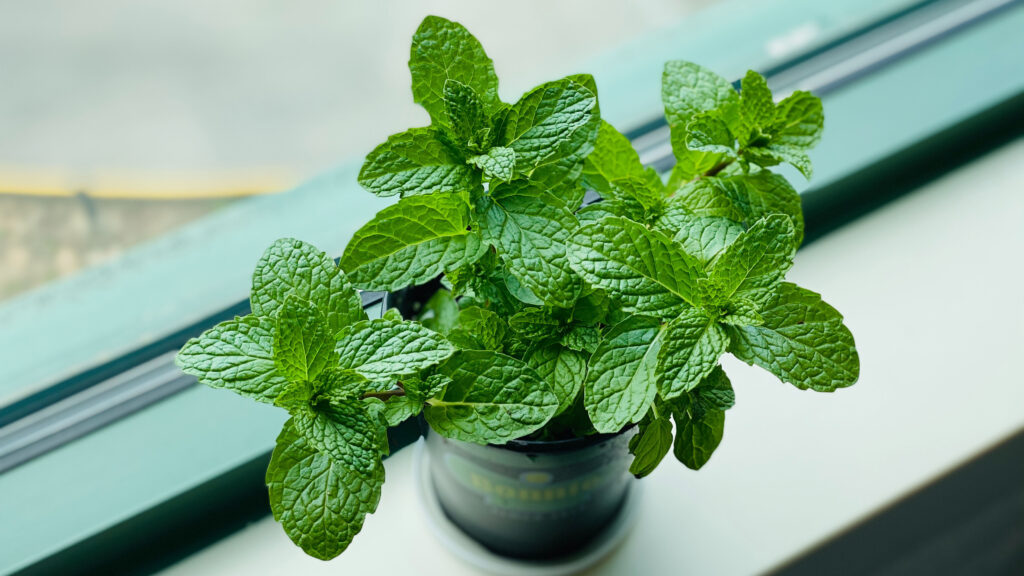Morning sickness is a really common symptom of pregnancy, usually occurring in the first trimester, which can leave you feeling terribly nauseous and generally unwell. Despite its name, morning sickness can happen at any time of day, or at night.
In some instances, this nauseous feeling can become pretty unbearable. In this case, it could be that you’re experiencing extreme morning sickness – hyperemesis gravidarum – and that a trip to the doctor is required for medical intervention.
If, however, you think you might just be in need of some home remedy-style solutions, there are plenty of things you can try. These work for some, and not others, and a few are based on anecdotal evidence more than anything else. But you may just find they’re exactly what’s needed.
Remember, too, morning sickness usually subsides around the 16 to 18 week mark, so hang in there, it will get better!
Try these to help your morning sickness…
1. Bland foods
Because they’re non-acidic and easy to digest, bland foods (think dry crackers, toast and rice cakes) are pretty good at easing morning sickness. They can fill you up while keeping those nausea blues at bay so it’s well worth having a few packets on hand for when those queasy feelings arise.
2. Ginger
Ginger is one of the most touted morning sickness remedies, and there seems to be plenty anecdotal evidence at least that it helps – though everyone’s different, so there’s no guarantee, but it might just be worth a try if you’re really suffering. You can have it in lots of ways too – suck a ginger lozenge, eat a ginger biscuit or try some ginger ale or a ginger lollipop.
3. Stick to chilled foods
Sometimes it’s the smell of hot food that can make you feel nauseous, so if you’re having a particularly bad day you might want to stick to no-cook foods. We appreciate this is probably easier said than done in the winter rather than summer months, but it could be an option on the odd day even in chillier climes when you really just can’t stomach the stench.
4. Make your meals small and frequent
There are several reasons why it’s better to eat small meals regularly rather than loading up in one sitting if you’re feeling queasy. Trying to take in too much in one go can overwhelm your stomach and bring on feelings of nausea. In addition, eating little and often can help to stabilise your blood sugars.
5. Mint
Some women find that the aroma of mint helps to relieve their morning sickness. Try sipping mint tea, or chewing mint leaves or a mint sweet if you prefer. Alternatively, you can sprinkle mint oil on a tissue or handkerchief and breathe in the soothing scent.

6. Sour treats
Yet others have discovered that sour sweets, like lemon or lime candy, can help with their recurring morning sickness. These treats are high in citric acid which can help with digestion and may curb those nauseous feelings. If you love your fresh fruit, you can suck on slices of lime, lemon or orange.
7. Rest up
Tiredness can make nausea worse, so it’s good to try and rest up if your morning sickness is getting the better of you (and if you possibly can). Some doctors even recommend trying to take a holiday in the early stages of your pregnancy, as the first few weeks can be some of the toughest. We get that it’s not an option for everyone, but if it’s something you think you can manage, go for it.
8. Acupressure
Acupressure works in much the same way as acupuncture, except without the needles. As the name suggests, it puts pressure on certain parts of your body, known as acupoints, and can help with improving blood flow, relaxation and lessening nausea. With this in mind, some pregnant women opt to wear wrist acupressure bands. Why not give them a go and see if they work for you?
9. Tell someone at work
As morning sickness can creep up on you pretty early on in your pregnancy, chances are you’re still spending time in the office. You may also have decided not to share your pregnancy news with people yet, but you could consider telling just one or two trusted colleagues. This way, you’ll have an ally who gets your more-frequent-than-usual bathroom trips, quieter days and possible later arrival times. Just knowing that someone understands what you’re going through could make a big difference.
When to see a doctor
Occasionally, morning sickness becomes so severe it needs medical intervention. In this instance, it’s known as hyperemesis gravidarum: you may remember the Princess of Wales, Kate Middleton, spoke openly about her experience of it. If you’re really struggling, you should see your doctor, especially if:
- you’re unable to keep food or water down for 24 hours
- you feel severely dizzy
- your urine is very dark/you haven’t passed urine for eight hours
- you have severe abdominal pains.
They will be able to advise the best course of action and put you on the appropriate medication if needed.

